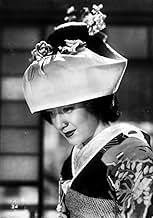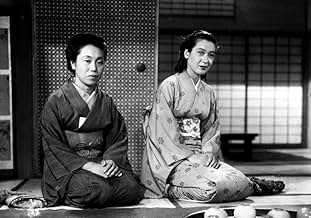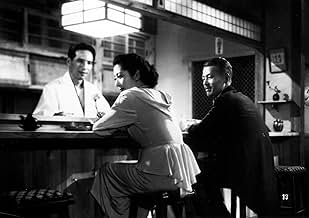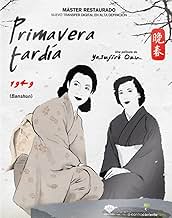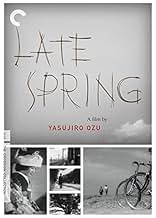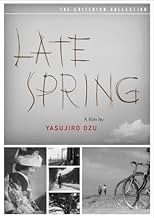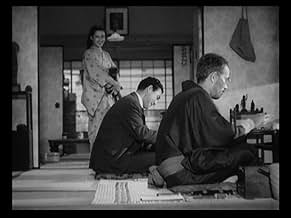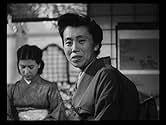Noriko ha ventisette anni e vive ancora con il padre vedovo. Tutti cercano di convincerla a sposarsi, ma lei vuole restare a casa a prendersi cura di suo padre.Noriko ha ventisette anni e vive ancora con il padre vedovo. Tutti cercano di convincerla a sposarsi, ma lei vuole restare a casa a prendersi cura di suo padre.Noriko ha ventisette anni e vive ancora con il padre vedovo. Tutti cercano di convincerla a sposarsi, ma lei vuole restare a casa a prendersi cura di suo padre.
- Regia
- Sceneggiatura
- Star
- Premi
- 5 vittorie totali
- Shige
- (as Toyoko Takahashi)
Recensioni in evidenza
Sincerely, I urge anybody that love cinema to see this one, quite simply one of the greatest films I have seen. 10/10
Lo sapevi?
- QuizMost of the movie takes place in Kita-Kamakura, about 30 miles from downtown Tokyo. Several years after the release of the film, the director, Yasujirô Ozu, moved with his mother to the area and spent the rest of his life there. (His tomb is also located there.) Furthermore, the film's star, Setsuko Hara, also eventually moved to the area and, as of May 2013, reportedly still lived there under her birth name, Masae Aida.
- BlooperA camera/dolly shadow is visible on the sidewalk as it follows Noriko walking.
- Citazioni
Shukichi Somiya: Marriage may not mean happiness from the start. To expect such immediate happiness is a mistake. Happiness isn't something you wait around for. It's something you create yourself. Getting married isn't happiness. Happiness lies in the forging of a new life shared together. It may take a year or two, maybe even five or ten. Happiness comes only through effort. Only then can you claim to be man and wife.
- ConnessioniFeatured in Shôchiku eiga sanjû-nen: Omoide no album (1950)
I più visti
- How long is Late Spring?Powered by Alexa
Dettagli
Botteghino
- Lordo Stati Uniti e Canada
- 13.254 USD
- Fine settimana di apertura Stati Uniti e Canada
- 6456 USD
- 6 mar 2016
- Lordo in tutto il mondo
- 19.681 USD
- Tempo di esecuzione1 ora 50 minuti
- Colore
- Mix di suoni
- Proporzioni
- 1.37 : 1
Contribuisci a questa pagina



